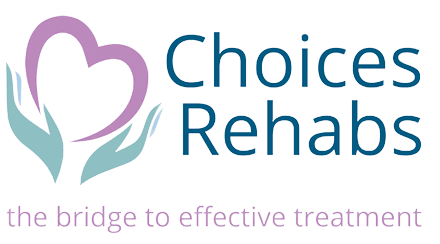“Trauma is not what happens to you, it’s what happens inside you as a result of what happened to you. Trauma is that scarring that makes you less flexible, more rigid, less feeling and more defended.
Gabor Mate.
Trauma and treatment for trauma are big business these days. There are a lot of quick ‘check your score’ types of self-assessment trauma scales for anyone to take online including the TikTok ‘Childhood Trauma Test’, the ‘ACE test’, the ‘Emotional Trauma Test’ and so on, all these examples taken from the first page of a Google search for Trauma Test and require answering between 18 and 28 questions online. All these are generally based on the work of Elroy and Hevey from 2014 who listed 8 potentially aversive childhood events (ACE’s) before the age of 15 that could or would negatively affect adult mental and physical health.
According to the American Psychological society ‘Trauma is an emotional response to a terrible event like an accident, rape, or natural disaster. Immediately after the event, shock and denial are typical. Longer term reactions include unpredictable emotions, flashbacks, strained relationships, and even physical symptoms like headaches or nausea.’
According to Gabor Maté there are two types of trauma; capital T trauma, such as abuse, violence etc, or little t trauma, which can be caused by all manner of things that are considered normal. One example of this used by Maté is the idea of leaving small children to cry themselves to sleep rather than continually going to give reassurance by picking them up, which is considered normal parenting behaviour in western culture.For Bruce Alexander society is the issue, with individuals feeling increasingly isolated as societies unravel, marriages fail more often, communities’ fragment, children have less parental guidance, families are becoming increasingly pressured and stressed and there is less trust between strangers and so on.
This tells us that trauma is actually much more common and complex than just looking at issues in our childhood and for me the best definition is from Gabor Maté who in 2019 said:’ Trauma is not what happens to you, it’s what happens inside you as a result of what happened to you. Trauma is that scarring that makes you less flexible, more rigid, less feeling and more defended.”
This says to me that trauma is more like an injury which has left a scar. From that point on we tend to protect the scar, hide it from view, change our life to cover it, or maybe display it to stop others coming too close or to get special treatment because of it. All of these behaviours are totally understandable but not necessarily helpful for moving forward in life.
This is where trauma informed therapy comes in. In residential treatment we are aware that people who suffer from an addiction will more than likely have trauma in their lives and it could well hold them back, so we understand and are prepared for that. Because of the wide variety of trauma experienced we understand that everyone’s journey is different and tailor treatment to that.
In residential treatment you are in a safe place with staff available on site 24 hours a day, in a building separate from the rest of society. In residential treatment you get the time to think about yourself with professional people around you, many of whom have been along the same path you are now walking along. The main thing with dealing with these injuries is to start to believe in yourself again to begin to see you are worth it. These things are not happening now and the thoughts can be overcome with patience, practice, attention and the support of a trauma informed team. Together we can do this.
